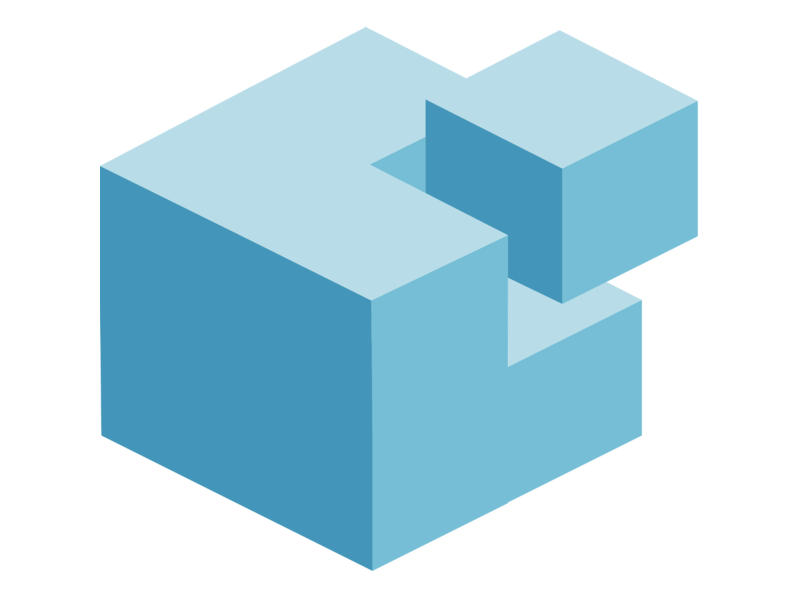
Minimal Salt packagingan invention by kwk Challenge |
Rooms management for Janus (Jangouts) using Salta project by ancorgs Right now, every time a new team wants a new room in our Jangouts instance, they have to ping me and I have to manually create the room. That means: |
Agentless Systems Management Based on Salt SSHa project by j_renner This project is about using Salt SSH for managing systems without the need of an additional agent to be installed (besides |
Integrate AutoYaST with software configuration management systemsan invention by IGonzalezSosa FATE#319830, FATE#319843 and FATE#319842 propose integration of AutoYaST with different software configuration management systems like Salt, Chef and Puppet. |
|
|
New SUSE R&D Employee workstation/laptop auto-installera project by dmacvicar The idea is to create a bootable medium (eg. pendrive) that allows: |
|
|
saltify dotfiles, workstation, laptop, Desktop Environment and beyond (NAS, router, media center, Kodi, if time allows)a project by vcuadradojuan Updated over 6 years ago. 1 hackers ♥️. |
|
Go async (and non-blocking) with HTTP requestsa project by j_renner There is a couple of libraries available for asynchronous and non-blocking processing of HTTP requests (in Java) that can be used to avoid having threads waiting for responses in request intensive applications, for example: |
|
|
Export "salt-toaster" tests execution profile to Prometheusa project by PSuarezHernandez "salt-toaster" allows you to test multiple Salt package flavors across different operating systems via Docker containers. This project is heavily used on the SUSE Manager team to hardening the Salt package that is shipped on the openSUSE/SLE distributions. Link to GitHub repository |
Brine in Go: A Salt Formula Build Systema project by Druonysus What is Brine? |
Make "salt-toaster" available to be used outside SUSEa project by PSuarezHernandez The |
Run and manage your Ansible cluster using Salt!a project by PSuarezHernandez At SUSE we've implemented a module on Salt called |
From bare metal to virtualized Kubernetes cluster with just Salt and Redfisha project by joachimwerner My goal is build on Alberto's work on "yomi" and the new Salt-based virtualization management features that Cedric has contributed, then combine them with a Redfish prototype to do the following from one (ideally idempotent) Salt state (orchestration state if required): |
SUSE Manager: Windows client supportan idea by pagarcia Let's see how much, if any, of the steps described here I can get done: https://confluence.suse.com/display/SUSEMANAGER/Windows |
Learn SaltStack Enterprisean idea by pagarcia Uyuni uses the open source version of Salt to install packages, apply configuration, formulas, states, etc. |
Port Salt virt modules to idema project by cbosdonnat Salt is moving towards a plugable architecture using POP and Idem. This project is about experimenting with those new concepts by applying them to a real life case: the virt execution and state modules. |
Modernize Mash deploymenta project by seanmarlow Mash is a Python based CI/CD pipeline for automated testing and publishing of public cloud images. Currently the production and development deployment for the package is inconsistent, slow and manual. This is a barrier to rapid development, deployment and testing. It also means the development workflow is different than production. This can lead to production issues which were not seen during development. |
Provisioning Prometheus exporters with Uyuni revisiteda project by j_renner There is a number of annoyances and pending improvements when working with the Salt Formula for provisioning Prometheus Exporters in Uyuni: |
Uyuni/SUSE Manager: build Python APE and a Salt+Python bundle to support ANY client operating systeman idea by pagarcia Uyuni/SUSE Manager build client tools for each of the supported operating systems: SLES 11, SLES 12, SLES 15, RHEL 6, RHEL 7, RHEL 8, Ubuntu 16.04, Ubuntu 18.04, Ubuntu 20.04, Debian 9, Debian 10... the list is long. This is required because each operating system has different base libraries (glibc, OpenSSL, Python version, etc). |
|
Create short "videos/screencasts" demoing cool stuff in 5 minutesa project by PSuarezHernandez |
Unified Config Management Tool (UCMT)an invention by jreidinger |
Language Server Protocol implementation for Salt Statesa project by cbosdonnat Language Server Protocol (LSP for friends) is used in a number of code editors these days. There are implementations for various languages, but none for Salt States. |
Saline: Salt state appliement monitoringa project by vzhestkov Project Description |
|